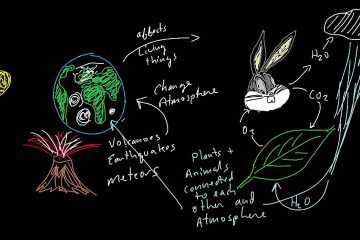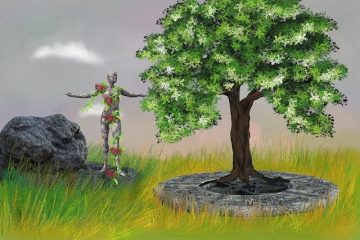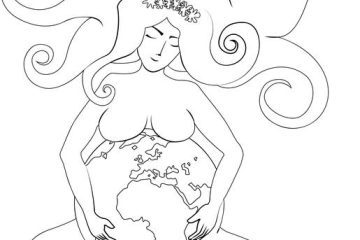James Lovelock
james lovelock background
James Lovelock, a renowned scientist and environmentalist, is best known for his Gaia theory, which posits that Earth functions as a self-regulating system. His unique perspective combines expertise in science with deep ecological insights, shaping climate discourse.









